Page 19 • (330 results in 0.032 seconds)
-

Pacific Lutheran University’s Master of Business Administration program was ranked the second best MBA program in Washington state , and tops in the state among programs at private universities in U.S. News and World Report ’s 2023 guide to the best graduate schools in the…
Prelicensure Bachelor of Science in Nursing (BSN) Programs in Washington by Nursing Schools Almanac; and being ranked the sixth most “Military Friendly® School” in the country. /* Behavioral Health Read Next Research scientist Rihana Mason to visit PLU for presentation and book signing COMMENTS*Note: All comments are moderated If the comments
-
News for Pacific Lutheran University.
Pacific Lutheran University Psychology Professor Meets with Members of Congress TACOMA, WASH. (May 24, 2019) — A PLU psychology professor is doing his part to secure funding for federal agencies and programs that support social and behavioral science research. Dr. Corey Cook met with Washington Senator Patty Murray and other members of Congress on Capitol… May 24, 2019
-
We feel honored to introduce our Alumni of Color Supervisor Scholarship Recipients:
helping to educate folx on behavioral and mental health issues and joining in the collective fight for holistic wellness. In addition to her private practice, she serves as a Program Director for an international nonprofit. She works with homeless/houseless teenagers by helping them return to their academic and socio-emotional goals by securing addressing all humans’ basic needs, food and shelter and mental stability. Alanah has been featured in Urban Faith and Hopelink magazine, in addition to the
-
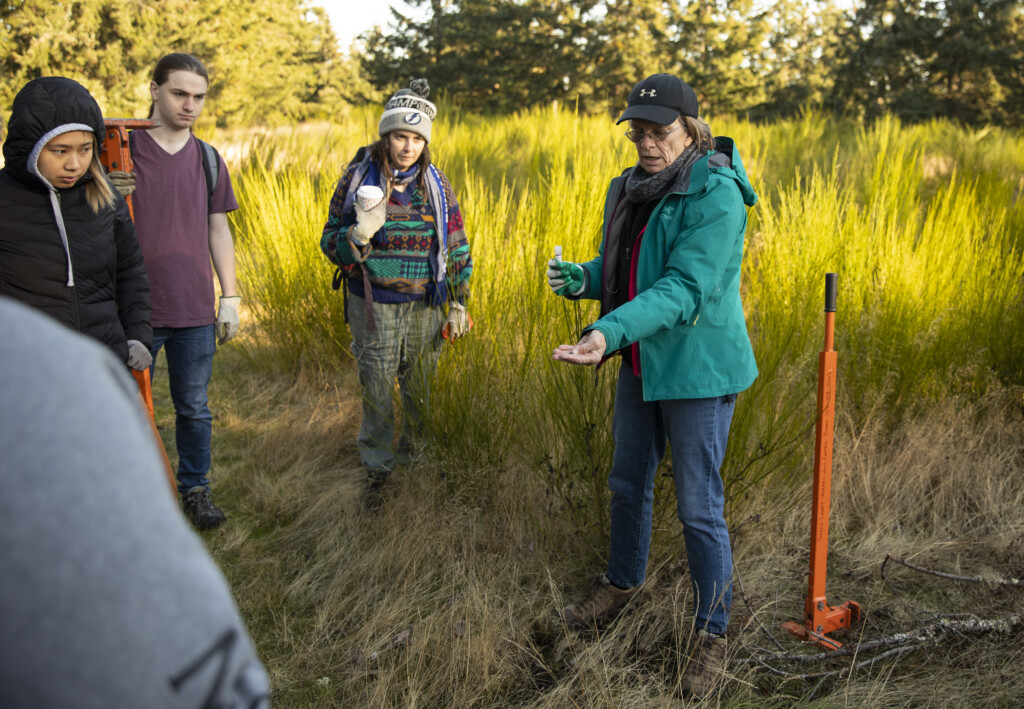
Why biology at PLU? “There has never been a dull moment with this major. Whether it be in lecture or during a lab, I know I will gain knowledge and experiences that will only uplift my time at PLU. I will be honest, it can…
courses in ecology and evolution, cell structure and function, and physiology have given me a broad foundation of understanding that I can carry forward with me into my future work.” – Daniel What skills are you learning? “There are tons of skills that I have been able to gain during my time at PLU, and there are so many opportunities to learn new ones too! Some very important skills I have gained are teamwork and leadership. Through my job working for the biology department, and other clubs and
-

Professor of Biology | Department of Biology | aumanaj@plu.edu | 253-535-8485 | Dr.
Ph.D., Microbiology, University of Washington, 2001 B.S. with Honors, Microbiology, The Pennsylvania State University, 1996 B.S., Cellular and Molecular Biology, The Pennsylvania State University, 1996 Areas of Emphasis or Expertise Microbial Ecology Books Nester's Microbiology: A Human Perspective, 11th Edition (McGraw-Hill 2024) Microbiology (OpenStax 2016) : View Book Accolades Awarded $15,000 from the National Science Foundation (NSF) Taking Action: COVID-19 Diversity, Equity, & Inclusion
Office HoursMon - Fri: -Area of Emphasis/Expertise -

Professor of Interdisciplinary Studies | Gender, Sexuality, and Race Studies | dowland@plu.edu | 253-535-8125 | Seth Dowland teaches courses in PLU’s International Honors, First-Year Experience, Religion, and Gender, Sexuality, and Race Studies programs.
Rise of the Christian Right (University of Pennsylvania Press 2015) : View Book Interdisciplinary Perspectives on the Authority of Scripture Chapters 4, pgs. 71-90 (Pickwick Publications 2011) : View Book Diversity and Dominion: Dialogues in Ecology, Ethics, and Theology Chapters 14, pgs. 157-165 (Wipf & Stock 2010) : View Book Southern Masculinity: Perspectives on Manhood in the New South Chapters 13, pgs. 246-268 (University of Georgia Press 2009) : View Book Selected Presentations American
Area of Emphasis/Expertise -
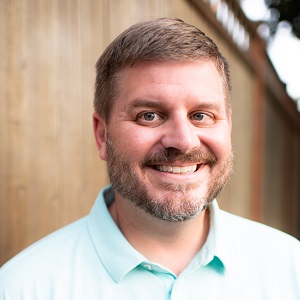
Director of IHON | International Honors | dowland@plu.edu | 253-535-8125 | Seth Dowland teaches courses in PLU’s International Honors, First-Year Experience, Religion, and Gender, Sexuality, and Race Studies programs.
Right (University of Pennsylvania Press 2015) : View Book Interdisciplinary Perspectives on the Authority of Scripture Chapters 4, pgs. 71-90 (Pickwick Publications 2011) : View Book Diversity and Dominion: Dialogues in Ecology, Ethics, and Theology Chapters 14, pgs. 157-165 (Wipf & Stock 2010) : View Book Southern Masculinity: Perspectives on Manhood in the New South Chapters 13, pgs. 246-268 (University of Georgia Press 2009) : View Book Selected Presentations American Society of Church History
Area of Emphasis/Expertise -
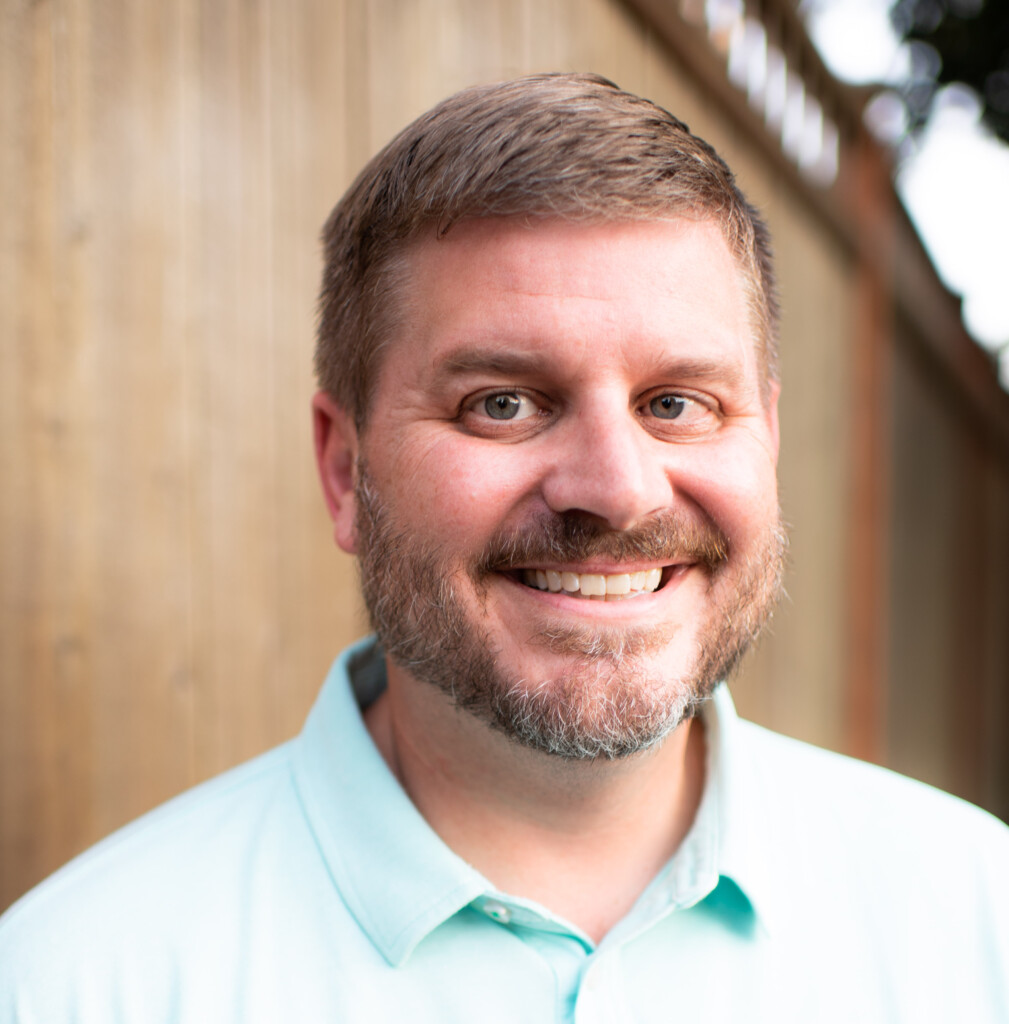
Director, IHON | Interdisciplinary Programs | dowland@plu.edu | 253-535-8125 | Seth Dowland teaches courses in PLU’s International Honors, First-Year Experience, Religion, and Gender, Sexuality, and Race Studies programs.
Right (University of Pennsylvania Press 2015) : View Book Interdisciplinary Perspectives on the Authority of Scripture Chapters 4, pgs. 71-90 (Pickwick Publications 2011) : View Book Diversity and Dominion: Dialogues in Ecology, Ethics, and Theology Chapters 14, pgs. 157-165 (Wipf & Stock 2010) : View Book Southern Masculinity: Perspectives on Manhood in the New South Chapters 13, pgs. 246-268 (University of Georgia Press 2009) : View Book Selected Presentations American Society of Church History
Area of Emphasis/Expertise -
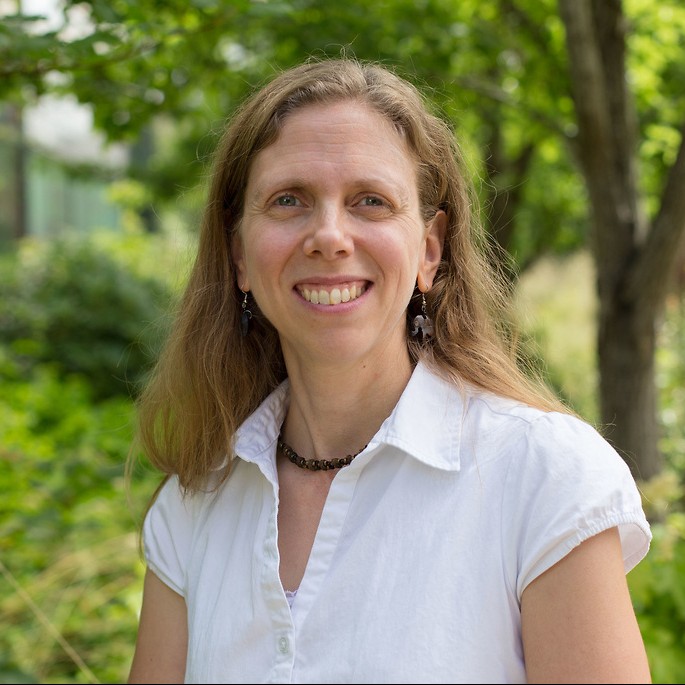
PLU Faculty Sponsor | Tacoma MESA | aumanaj@plu.edu | 253-535-8485 | Dr.
of Washington, 2001 B.S. with Honors, Microbiology, The Pennsylvania State University, 1996 B.S., Cellular and Molecular Biology, The Pennsylvania State University, 1996 Areas of Emphasis or Expertise Microbial Ecology Books Nester's Microbiology: A Human Perspective, 11th Edition (McGraw-Hill 2024) Microbiology (OpenStax 2016) : View Book Accolades Awarded $15,000 from the National Science Foundation (NSF) Taking Action: COVID-19 Diversity, Equity, & Inclusion Challenge Co-PI on National Science
Office HoursMon - Fri: -Area of Emphasis/Expertise -
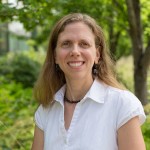
Dean of Natural Sciences | Natural Sciences | aumanaj@plu.edu | 253-535-8485 | Dr.
Ph.D., Microbiology, University of Washington, 2001 B.S. with Honors, Microbiology, The Pennsylvania State University, 1996 B.S., Cellular and Molecular Biology, The Pennsylvania State University, 1996 Areas of Emphasis or Expertise Microbial Ecology Books Nester's Microbiology: A Human Perspective, 11th Edition (McGraw-Hill 2024) Microbiology (OpenStax 2016) : View Book Accolades Awarded $15,000 from the National Science Foundation (NSF) Taking Action: COVID-19 Diversity, Equity, & Inclusion
Office HoursMon - Fri: -Area of Emphasis/Expertise
Do you have any feedback for us? If so, feel free to use our Feedback Form.


